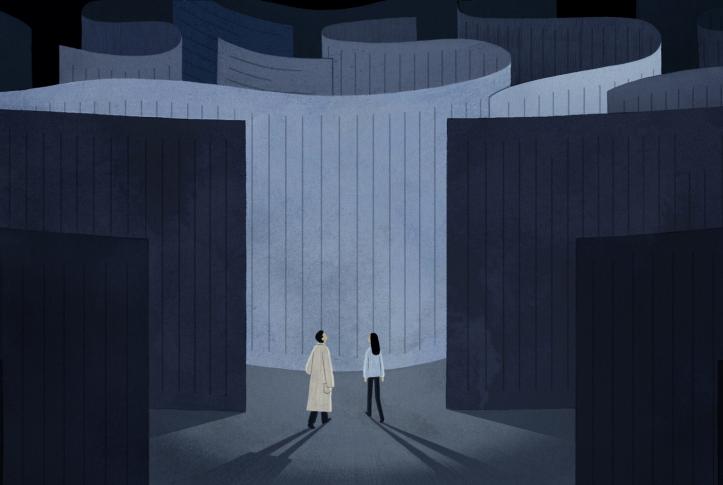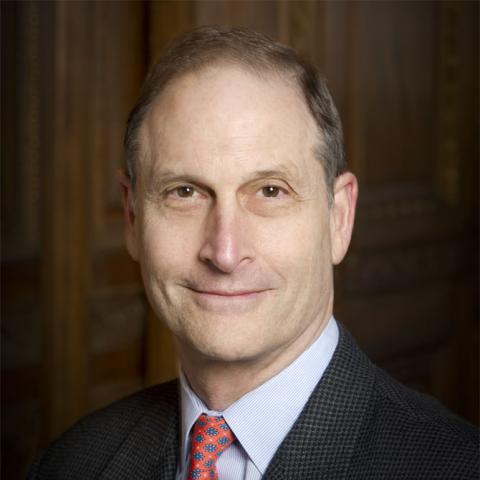I was a practicing primary care physician for more than 35 years. In that time, I learned that to be sick is always hard, frightening, and overwhelming. But being sick in America can be doubly so.
In the hospital where I worked — one of the best in the U.S., and perhaps the world — the care was technically excellent, but for patients the experience was frequently bewildering and disempowering, especially for the most elderly and debilitated. Dozens of personnel — nurses, residents, specialists, technicians, dieticians, physical therapists, occupational therapists, social workers — circulated through their rooms on any given day, all capable and well-intended. Each had their own focused, urgent work to do and little time to linger.
It frequently fell to me to try and weave this complex tapestry of care together. When I arrived at patients’ bedsides, usually before 8 in the morning or after 6 in the evening, their faces lit up in expectation. But I, too, was rushed, and often left feeling there was more to do.
Outside of the hospital, which is where, fortunately, I encountered the vast majority of my most complex patients, I met similar systemic frustrations in trying to provide the best care possible.
Though surrounded by the hustle and bustle of the health care system, my patients were too often alone.
What my sickest patients wanted, and needed, were answers that our health care system doesn’t give easily: What’s coming next? Who can help me understand the complex and confusing information about my illness and instructions from my doctors? Who can help me if I am weak, confused, and live alone?
Throughout my years in practice, I got an inkling — but only an inkling — of what our country’s very sickest people experienced. People like Claire, a patient of mine who was legally blind, and suffering from diabetes, high blood pressure, high cholesterol, and recurrent foot ulcers. She was tough — she had survived both uterine and colon cancer and she continued gamely to show up for work in a local hospital. But, because of her poor eyesight, she needed almost daily help drawing up her varying insulin doses. Claire had no family to help, and her insurance wouldn’t cover a visiting nurse or home health aide. She was truly alone with her multiple health problems.
It is with this picture in mind — of too many very sick people lost in the maze of our health care system, and a desire to do better for them, and all of us — that today the Commonwealth Fund launches Health Care in America, a new partnership with the Harvard T.S. Chan School of Public Health and the New York Times. Health Care in America will harness the power of data and combine it with stories from patients themselves to describe the lived experience of health care in the United States today.
Understanding better the daily lives and burdens of the sick in America is one of the major goals of this first installment of Health Care in America. We started here because we cannot create a truly excellent health care system unless we make care better for our sickest patients, those with multiple illnesses and frailty, who account for a huge proportion of the work and costs of care in the U.S.
We hope this report will prompt more urgent and productive discussions of how we can care better for the sickest and most vulnerable among us. We all have a shared interest in that discussion, for no matter how healthy or privileged we are now, most of us will find ourselves in their shoes eventually.

